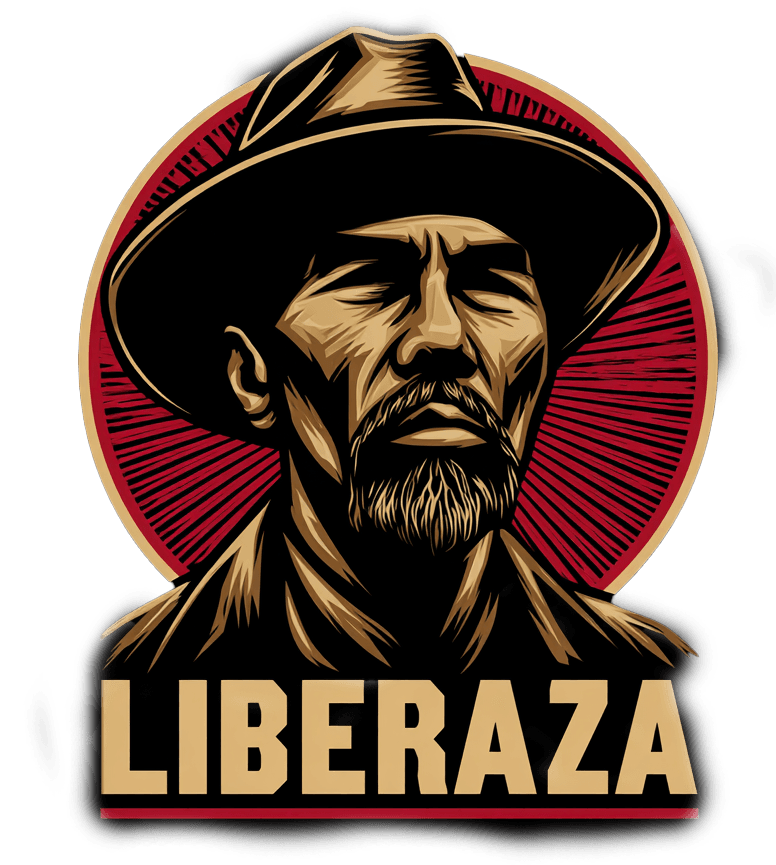New PosArizona Congressman Denied Access to ICE Detention Center, Raising Oversight Battlet
LS
On Tuesday, an extraordinary confrontation unfolded in Arizona when Representative Greg Stanton, a Democrat from Phoenix, was turned away at the gates of the Eloy Detention Center, an Immigration and Customs Enforcement (ICE) facility. The move, described by Stanton as a direct violation of congressional authority, is sparking a broader debate over transparency, accountability, and the rights of lawmakers to monitor federal detention sites.
According to Stanton, he had scheduled the visit to check on the well‑being of a detained constituent and to review conditions inside the center. But when he arrived, ICE officials cited a new agency rule: members of Congress must provide a seven‑day notice before entering. Stanton and his allies argue that this policy is not only arbitrary but directly conflicts with laws that guarantee elected officials immediate access to detention facilities.
“This is about accountability,” Stanton said in a statement. “We have a statutory right to enter these facilities at any time. ICE is acting as if it can pick and choose when oversight happens. That’s not acceptable.”
Oversight Collides With Enforcement
The denial comes at a critical moment. The Trump administration’s aggressive deportation push has resulted in an explosion of detentions across the Southwest. Arizona has become a flashpoint, with advocacy groups documenting cases of overcrowding, limited medical care, and questionable treatment of detainees.
Historically, congressional visits—sometimes unannounced—have served as a vital check on conditions in facilities that are otherwise shielded from public view. Democrats now say ICE’s seven‑day rule effectively allows the agency to stage‑manage inspections, potentially masking abuses.
Representative Pramila Jayapal of Washington, chair of the House Progressive Caucus, called the restriction “a calculated attempt to avoid scrutiny.” Several House members are exploring legal avenues, including a possible lawsuit, to force ICE to honor immediate access rights enshrined in federal law.
A History of Secrecy
Eloy Detention Center, operated by the private contractor CoreCivic, has long been criticized by human rights organizations. Reports over the past decade have highlighted high suicide rates, inadequate medical response times, and allegations of excessive force. The American Civil Liberties Union (ACLU) has repeatedly sued CoreCivic over conditions at Eloy and other sites.
Stanton’s denial of entry is viewed by advocates as another example of the lack of transparency surrounding privately run detention facilities. “When members of Congress are locked out, what chance does the average detained immigrant have for justice?” asked Carlos García, a longtime Phoenix community organizer.
The Larger Political Landscape
The incident also reflects the deepening rift between the Biden‑era norms of oversight and the Trump administration’s return to enforcement‑first policies. President Trump has pledged to remove more than one million immigrants annually, and ICE is now on pace for its highest deportation totals since 2014. That pressure has placed detention centers under intense strain, amplifying the urgency of congressional oversight.
For Arizona—a state with one of the largest immigrant populations in the country—the stakes are particularly high. Families in Phoenix and Tucson have rallied outside detention facilities demanding greater access for attorneys, clergy, and lawmakers. Tuesday night, protesters gathered outside Eloy holding signs reading “Transparency Now” and “Let Congress In.”
What Comes Next
Stanton and other Democrats are preparing to challenge ICE in court if necessary. Legal experts say the case could set an important precedent: whether federal agencies can unilaterally restrict elected officials from exercising statutory oversight duties.
In the meantime, immigrant advocates are urging continued vigilance. “This is not just about one congressman being denied entry,” said Laura Gómez, director of a Tucson‑based immigrant rights nonprofit. “It’s about whether our democracy allows secret prisons to operate without checks and balances.”
As legal battles loom, the Eloy standoff underscores the fragile balance between immigration enforcement and constitutional oversight. For now, one fact is certain: the doors of Eloy remain closed, and the fight over who has the right to walk through them is only beginning.
